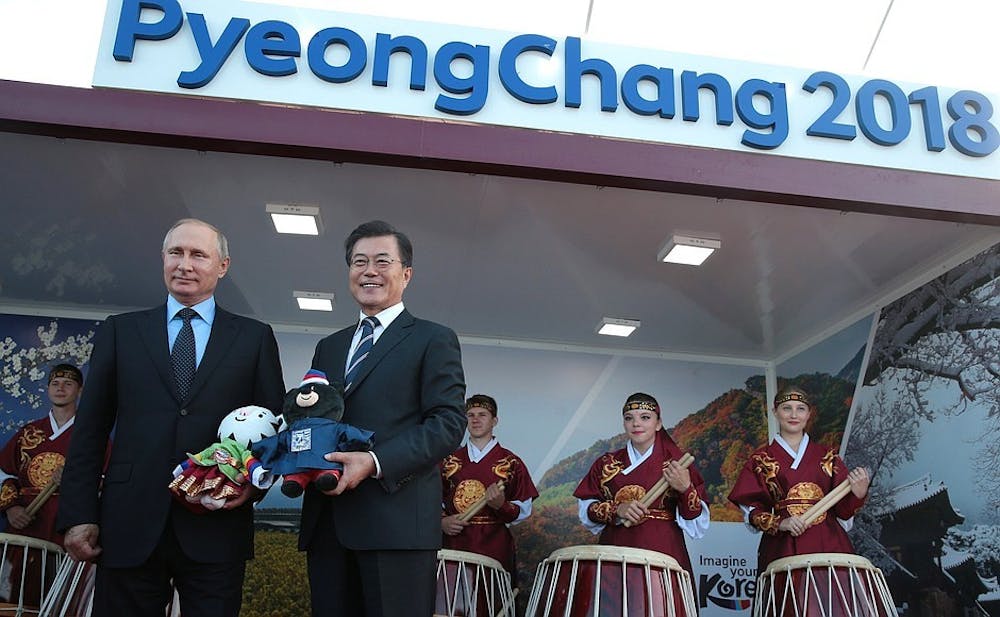
Adam Orla-Bukowski
If you have been following the Winter Olympics closely, you might have noticed the strange name that Russian athletes are being called by announcers and broadcasters. Instead of competing as representatives of the Russian Federation, these athletes are competing under the name “Olympic Athletes from Russia.” This is definitely a bit strange, but there is a tremendous scandal lying underneath the surface.
In the past few years, journalists and Olympic officials have unearthed a simply massive doping scandal in Russia, incriminating hundreds of athletes and officials. The inquiry into Russian Olympic doping began when an amateur cyclist and filmmaker named Bryan Fogel got in contact with Grigory Rodchenkov, the head of the Russian Olympic Laboratory. The two became fast friends, and after some coaxing, Fogel convinced Rodchenkov to leave Russia and come to United States to share his story with the American press.
Rodchenkov disclosed a preposterous amount of information to Fogel and the New York Times regarding a decades-long, multi-sport, state overseen doping program that doctored urine samples from hundreds of steroid-positive Russian athletes in the attempt to trick the Olympic Anti-Doping Committee into thinking that the athletes were clean.
Rodchenkov went into detail on how ex-KGB members quite literally stole urine samples from seemingly “secure” labs all over the world and had experts break into the sealed samples and replace them with clean, steroid-negative urine samples.
Rodchenkov provided an amplitude of evidence indicating that Russian President Vladimir Putin was not only involved in the scandal but, in fact, ordered it to happen.
This story broke in 2016, and for two years, the Olympic committee has worked on doling out a reprimand for the Russians. In the end, they suspended several athletes who had tested positive for doping and ordered that other Russian athletes could not represent Russia in the Olympics.
This punishment is lackluster and spineless: It is blatantly just a slap on the wrist. Let me remind you, this illegal program has likely assisted in hundreds of Russian medals in previous Olympics. This travesty of justice illustrates the fear the Olympic committee has that their jobs and future will be in jeopardy if they admit to how deep the problem lies. The Olympic committee could likely face as much scandal as the Russians have.
So in order to protect the Olympic brand and to ensure the existence of future games, they have given Russia a light punishment. If they had really done their jobs, Russia and their athletes would been suspended from the Olympics, perhaps until the summer Olympics in 2024. Every gold, silver or bronze medal that an “Olympic Athlete from Russia” earns is tainted. We simply cannot trust that the Anti-Doping Committee has evolved enough to combat the aggressive cheating tactics of the Russians.
Until the Russians are suspended and the members of the Olympic committee wise up and address the widespread gaps they have in their anti-doping security system, there will be a blight upon the Olympic Games.
We cannot condone cheating of any kind, and we must not let cheaters continue to cheat. If we let cheaters cheat, the validity of sporting events across the world will continue to be questioned, and the values of hard work and fair play will disappear.
For more on the Bryan Fogel and Grigory Rodchenkov story, I highly suggest viewing Fogel’s documentary Icarus on Netflix.





